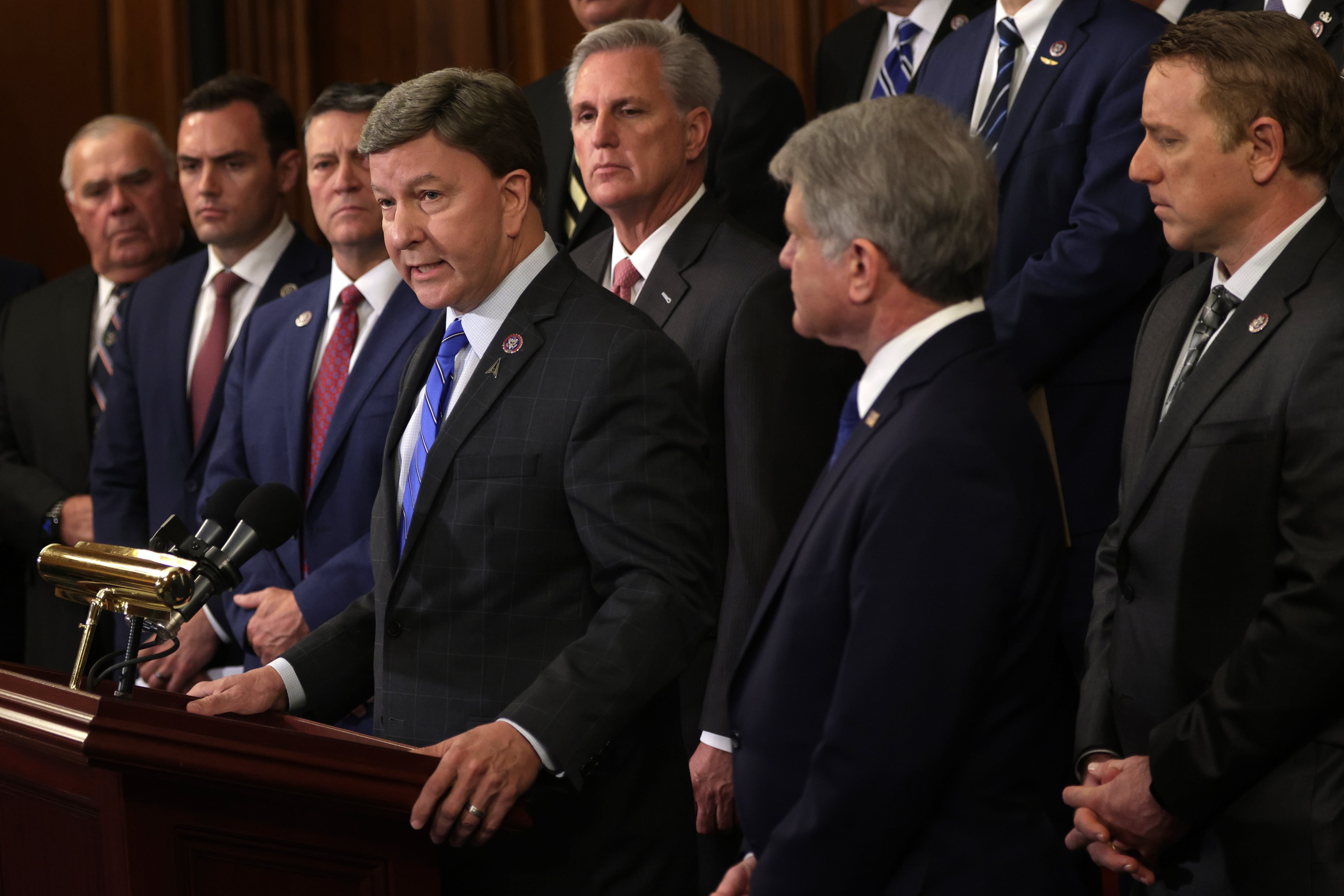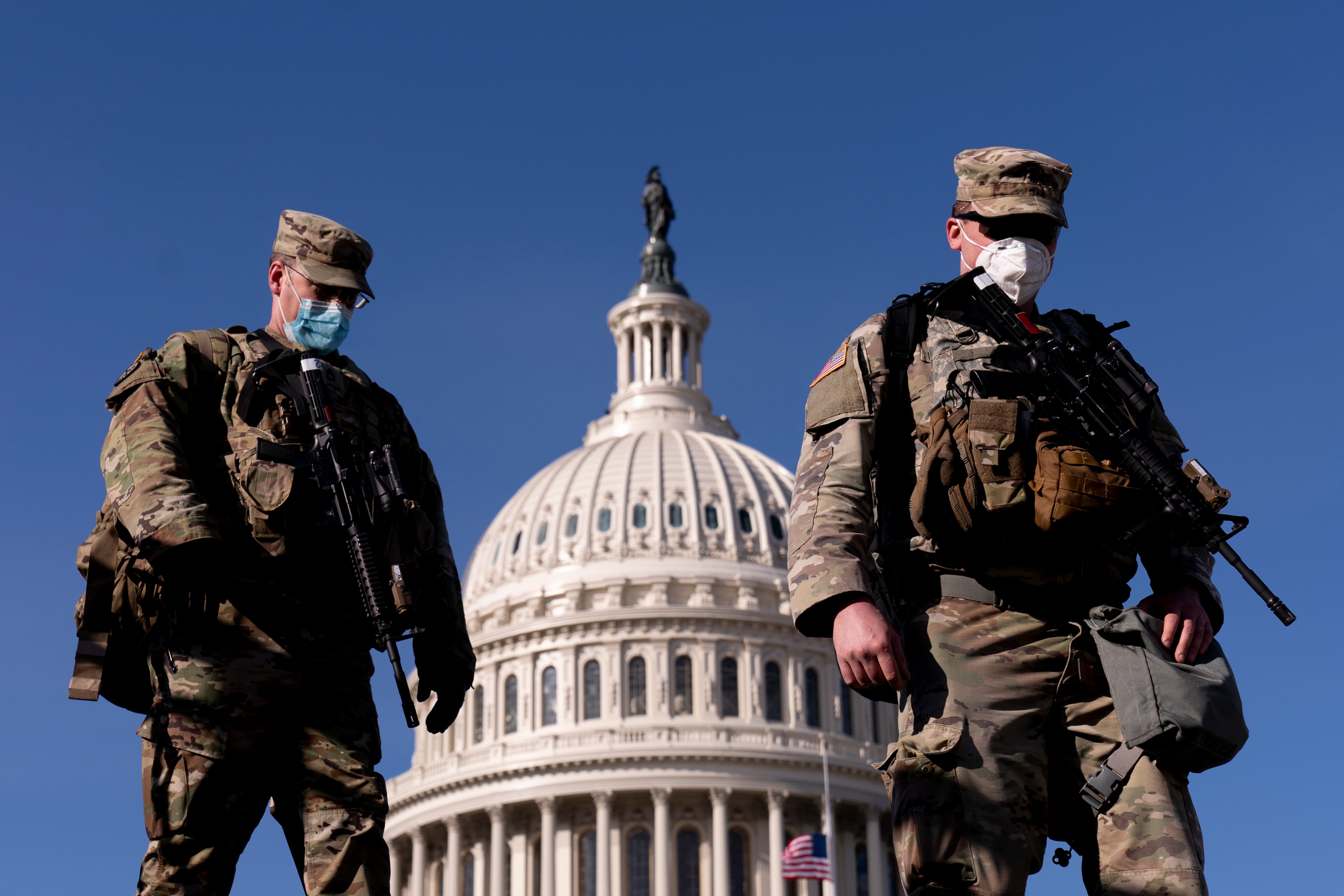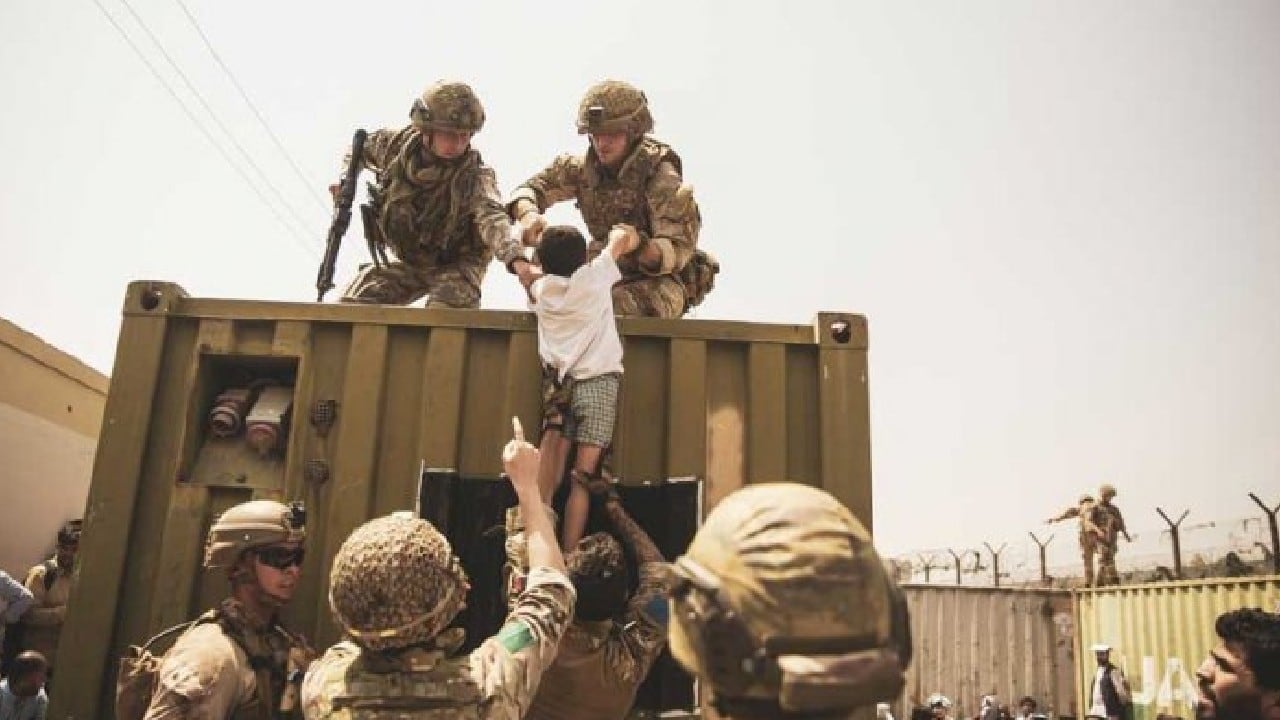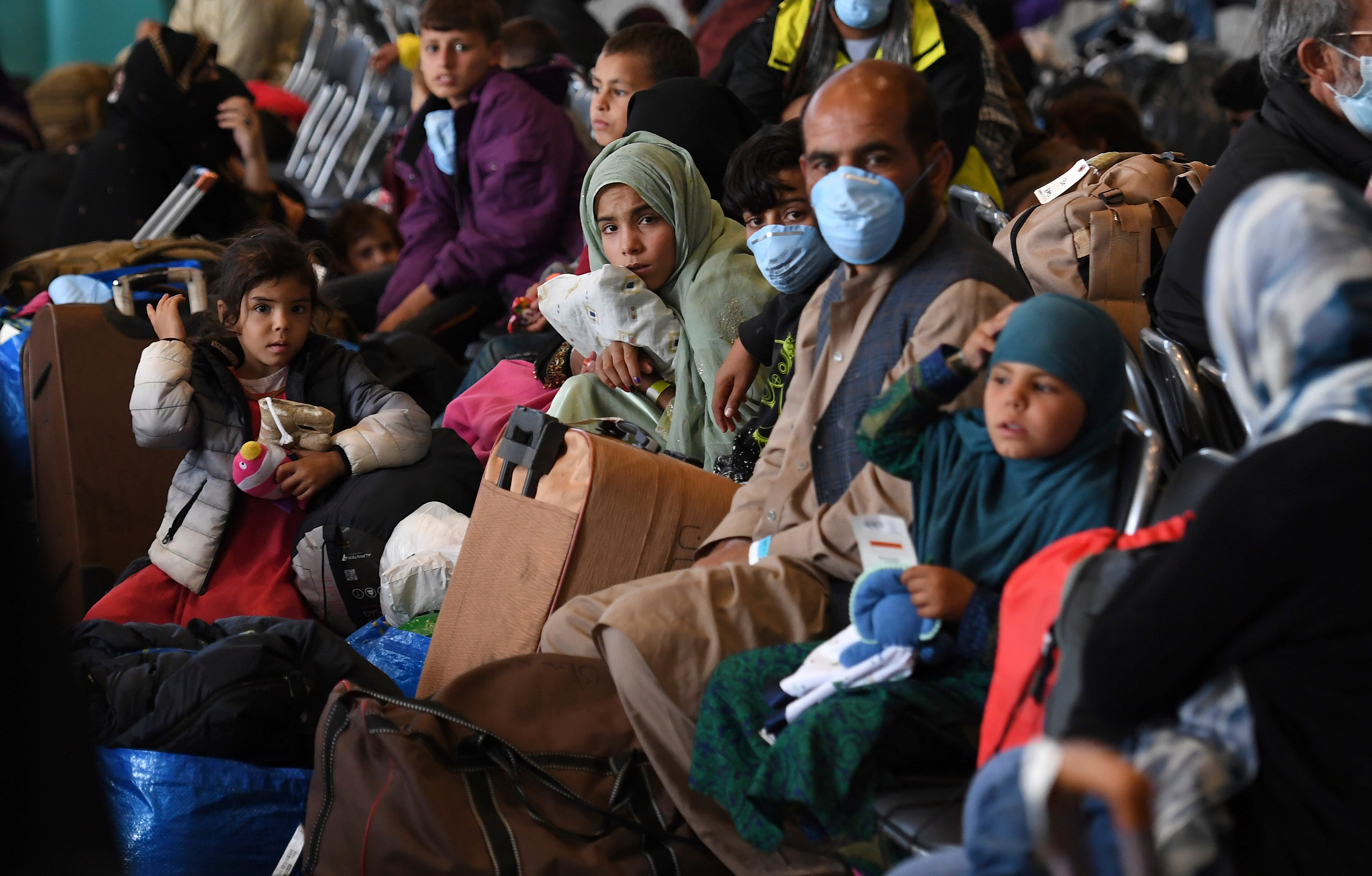House Democrats on Thursday offered a two-month budget extension which includes $7 billion in new funding for evacuating U.S. allies out of Afghanistan but not enough money to offset the cost of the military pay raise set to go into effect Jan. 1.
The measure, if approved, would avoid a partial government shutdown set for Friday night but would also force Pentagon planners to move around about $240 million in personnel accounts early next year to cover the pay hike, potentially creating funding shortfalls elsewhere.
In a statement, House Appropriations Committee Chairwoman Rose DeLauro, D-Conn., said the plan would keep government operations funded through Feb. 18, more than four months through the new fiscal year.
But she also warned her colleagues that passing a full year spending plan for fiscal 2022 is critical.
RELATED

“This agreement allows the appropriations process to move forward toward a final funding agreement which addresses the needs of the American people,” DeLauro said. “Instead of short-term funding patches like this, working families, small businesses, veterans, and our military need the certainty that comes with passing a [full year budget].”
Lawmakers have been at an impasse for months over the federal budget. In September, they passed a similar two-month budget extension to keep government operations running while negotiations continued.
That extension runs out on Dec. 3.
House and Senate lawmakers will have to rush the new budget extension through to avoid a partial government shutdown, but several Republican lawmakers have suggested they may try to block the action to protest President Joe Biden’s coronavirus vaccine mandates for military members and private businesses.
DeLauro said that only a few accounts saw increases above current spending levels in the new budget extension. That includes money for Afghanistan evacuees, a priority of lawmakers since the end of U.S. military operations in the country in August.
RELATED

Of the $7 billion added for that purpose, $4 billion would be set aside specifically “to care for Afghan evacuees on U.S. military installations.”
Another $1.6 billion would be assigned to efforts led by the Department of Homeland Security to help resettle those individuals in America and overseas.
But appropriators opted not to include money needed to cover the costs of the planned 2.7 percent pay raise for troops for 2022. Even without new budget legislation from Congress, that salary boost will go into effect automatically on Jan. 1, complicating Pentagon personnel accounting efforts.
For junior enlisted troops, the raise will amount to roughly $790 more a year in pay over 2021 levels. For senior enlisted and junior officers, it’s about $1,400 more. An O-4 with 12 years service would see more than $2,600 extra next year.
All told, the pay raise will cost the Defense Department about $240 million for January and February. Lawmakers said they hope to make up that shortfall in the full-year budget plan, but until then the money will have to be redirected from other accounts to cover the increased costs.
RELATED

DeLauro said to get to that agreement, “Republicans must join us for bipartisan, bicameral negotiations to resolve our differences and keep government working for the people.”
In a statement, Senate Appropriations Committee Vice Chairman Richard Shelby, R-Ala., praised the short-term agreement but said Democrats now must “get serious” about passing a full-year budget for fiscal 2022.
“That means maintaining legacy riders, eliminating poison pills, and getting serious about the funding we are going to provide for our nation’s defense,” he said. “If that doesn’t happen, we’ll be having this same conversation in February.”
House lawmakers were expected to vote on the budget extension by Thursday evening, and the Senate sometime on Friday. If either chamber sees a delay, a partial government shutdown would begin on Saturday morning.
Reporter Joe Gould contributed to this story.
Leo covers Congress, Veterans Affairs and the White House for Military Times. He has covered Washington, D.C. since 2004, focusing on military personnel and veterans policies. His work has earned numerous honors, including a 2009 Polk award, a 2010 National Headliner Award, the IAVA Leadership in Journalism award and the VFW News Media award.





